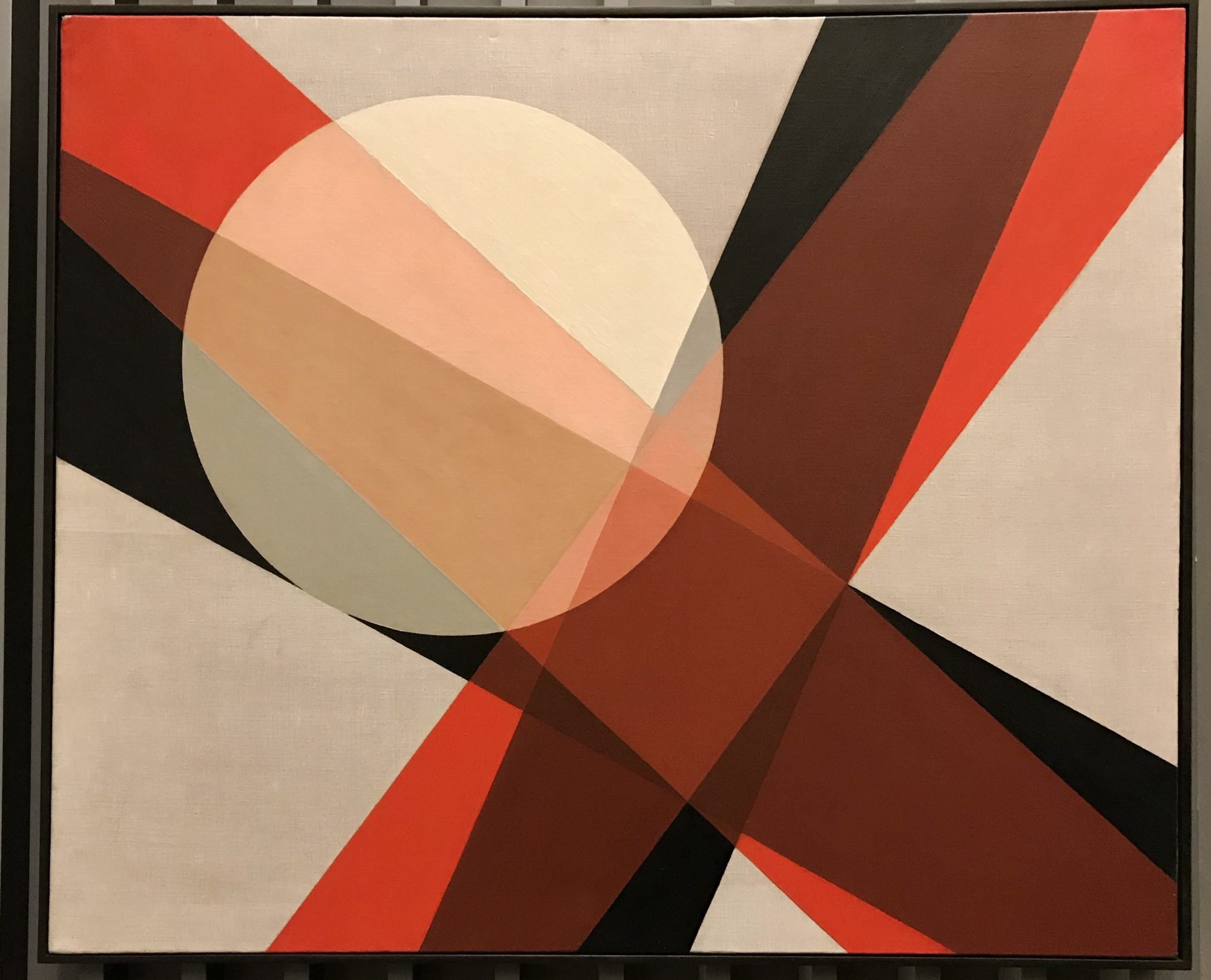I have an article appearing in a volume coming out this month from Bloomsbury, New Perspectives on Hegel’s Philosophy of Right. Overall a good choice for upper division & graduate seminar reading.

“Incompatabilism: Contemporary perspectives on Hegel in political economy”
Abstract: This paper takes up two recent engagements with Hegel’s Philosophy of Right (PR) on the wisdom it holds for the contemporary problems of social inequality and democratic freedom. In his In the Long Run We’re All Dead, geographer Geoff Mann presents an extended analysis of a Keynesian form of managed capitalism. In doing so, Mann argues that Hegel is a Keynesian. There are striking similarities between the two thinkers, but I also show that this declaration of identity is ultimately an exaggeration that comes at the expense of Hegel’s commitment to the political integration of individual and social interests with that of the social whole in the life of the political state.
Bruce Gilbert, in his Vitality of Contradiction, argues that Hegel’s conception of right demands a different set of social institutions than what contemporary capitalism has to offer, viz. the extension of democratic forms of rule beyond political representation and into the economy, and an end to capitalist exploitation based on private property. Gilbert constructs a Hegel-inspired political economy for contemporary capitalism, including an alternative theory of exploitation based in a recognition relationship. While Gilbert is sensitive to the question of concrete political agency and its role in cultivating the consciousness of citizenship, his solution to the challenges posed by capitalist property forms and relations side-step the essential questions involved in their historical development.
